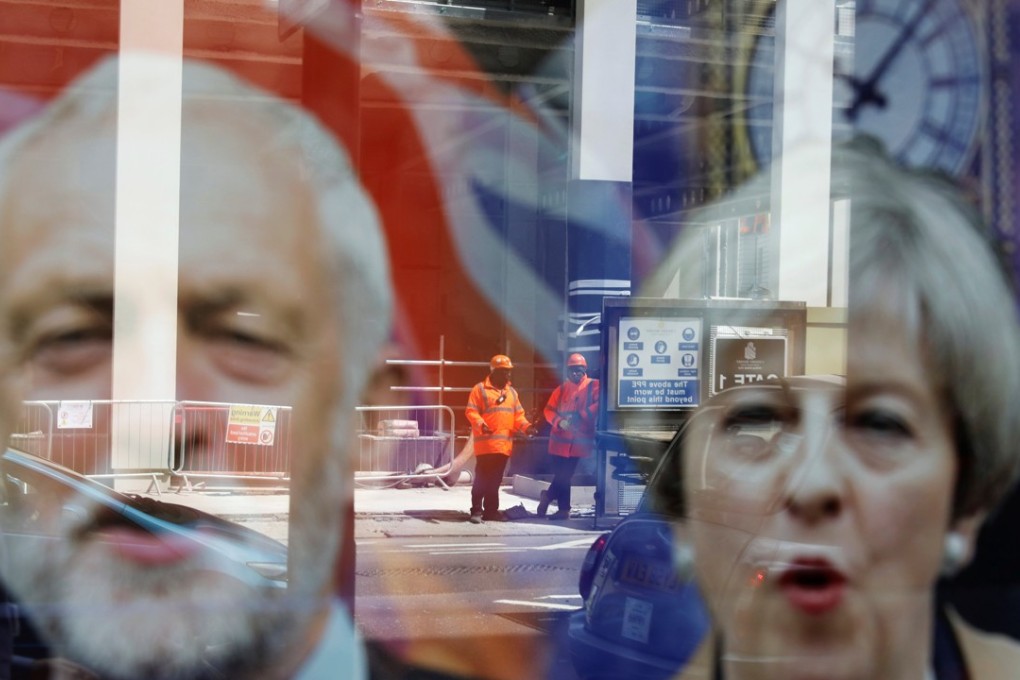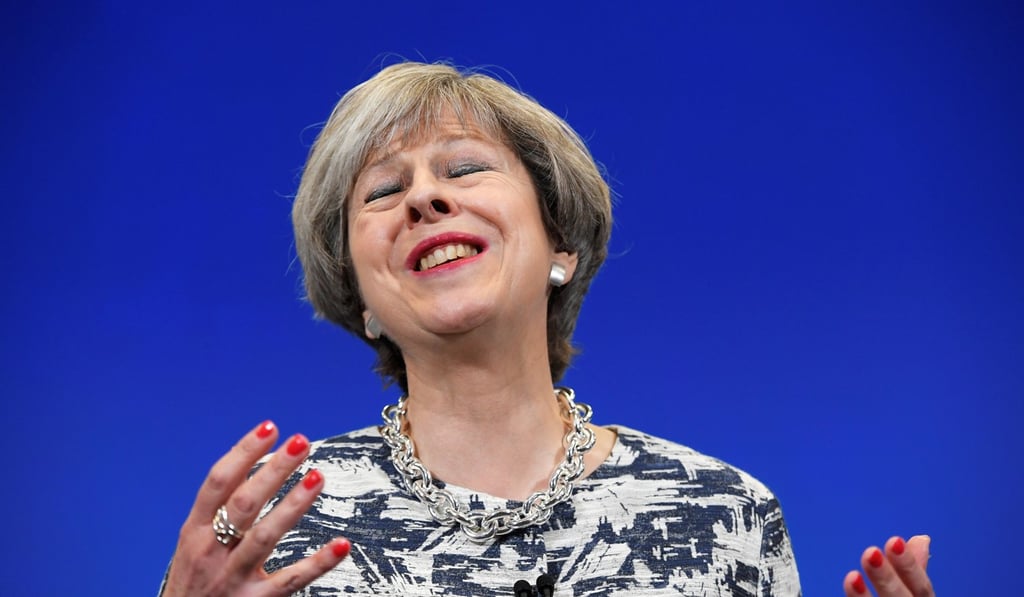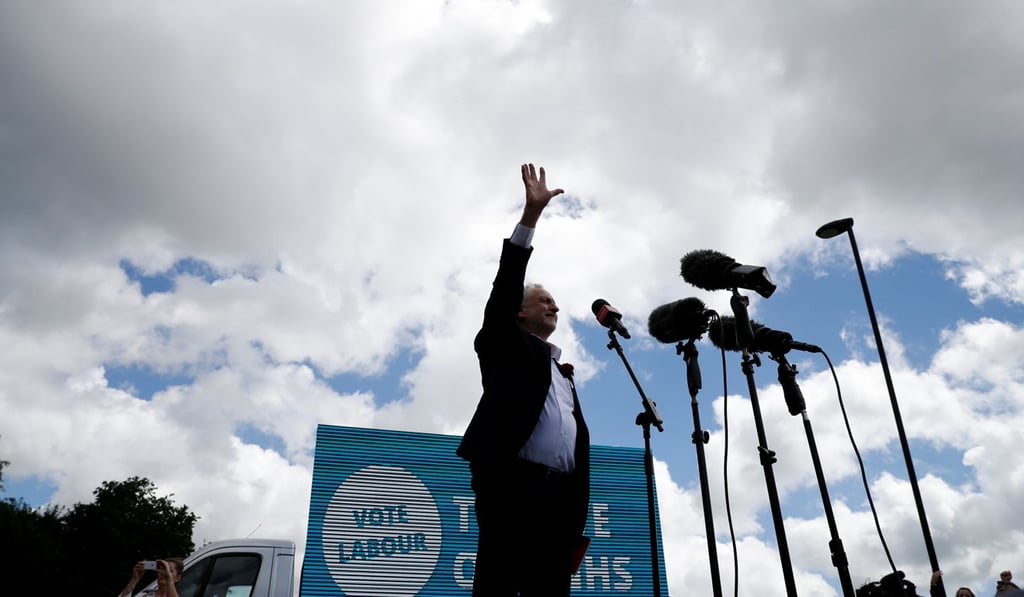Analysis | Britain votes after an election campaign darkened by terror
It is not just two major terror attacks within 12 days that have fed the anxious uncertainty hanging over Thursday’s election

British Prime Minister Theresa May called a snap election a bid to secure a clear mandate for taking Britain out of the European Union. The surprise move caught opponents unawares and she began the campaign confident of victory, with a 20-point lead in the opinion polls.
Five weeks later, May’s standing in the polls has slumped, with pollsters variously putting the Conservatives between 11 points and one point ahead of the Labour Party. A slender lead would spell a hung parliament, a prospect that has given Conservative HQ –and the City of London - a severe case of the jitters.
It is not just two major terror attacks within 12 days that have fed the anxious uncertainty hanging over Thursday’s election. While few pundits expect Labour leader Jeremy Corbyn to win a majority, the shock result of last year’s EU Referendum and polling errors in the recent US presidential race have led to caution in anticipating the mood of the electorate.

The referendum campaign cut across traditional party lines and brought a new animosity into British politics. When 52 per cent of voters flouted the government line and backed Brexit, it spelt the end of politics as normal.
The vote revealed a new schism between young, educated and professional voters, who backed the Remain camp, and older, less-educated, poorer people concentrated in the former industrial centres of Northern England, who voted Leave. Regional divisions were reinforced too: Scotland and Northern Ireland voted overwhelmingly to Remain, while Wales voted Leave.
